Welcome to the School Vocabulary Page! This page contains a comprehensive list of vocabulary related to the subject of school. You can expect to find links to games, flashcards, and other resources to help them study and learn the terminology associated with this topic. Whether you are a student looking to expand your knowledge or a teacher seeking additional resources, this page is designed to assist you in mastering the school vocabulary.
At the school, students engage in a variety of academic and extracurricular activities that foster personal growth and development. From challenging coursework to sports teams and clubs, students have the opportunity to explore their interests and expand their knowledge. The school also provides a supportive environment where students can collaborate with peers and educators, building strong relationships that last a lifetime. With a focus on academic excellence and character development, the school prepares students for success in college and beyond.
Practice & Reinforce Your Learning
At The School Vocabulary List
Classes

- My attendance at the meeting yesterday was mandatory, so I made sure to arrive on time.
- The professor takes attendance at the beginning of each class to track students' participation.
- There was a noticeable increase in attendance at the school fundraiser this year compared to last year.

- The school is in the process of updating its curriculum to include more technology-based courses.
- The new curriculum emphasizes hands-on learning and real-world applications.
- Teachers are required to align their lesson plans with the school's curriculum guidelines.

- During the discussion in class, students shared their opinions on the pros and cons of social media.
- The teacher led a thought-provoking discussion on the impact of climate change in today's world.
- The lively discussion among classmates helped deepen their understanding of the novel they were studying.

- I have an important exam in math next week that I need to study for.
- The final exam for my history class is worth 30% of my grade.
- I am feeling nervous about the chemistry exam tomorrow.

- She is in the second grade this year and is excelling in all of her classes.
- The students were divided into different grades based on their academic abilities.
- I am aiming to achieve a high grade in my math class this semester.

- I attended a fascinating lecture on climate change last night at the university.
- The professor delivered a 2-hour lecture on the history of ancient civilizations.
- After the lecture, we had a lively discussion about the implications of artificial intelligence.
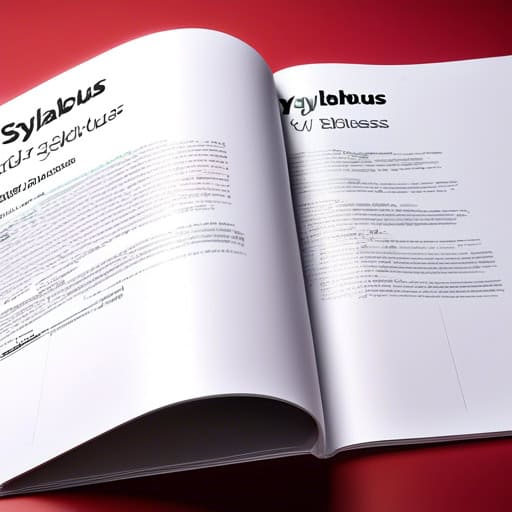
- In order to succeed in this class, it is important to carefully read and understand the syllabus provided by the instructor.
- The syllabus contains important information such as grading criteria, due dates for assignments, and required readings.
- Students are expected to follow the guidelines outlined in the syllabus throughout the duration of the course.

- I have a math assignment due tomorrow that I haven't started yet.
- The biology assignment required us to write a research paper on a specific topic.
- I need to submit my history assignment by the end of the week.
Extracurricular activities

- I love playing sports after school with my friends.
- Many students participate in sports to stay active and healthy.
- She won a trophy for her outstanding performance in sports.

- The school's performing arts program is known for its exceptional musical productions.
- Students in the performing arts club have been rehearsing for weeks for their upcoming performance.
- Many students find solace and joy in expressing themselves through the performing arts.

- There are many organizations on campus for students to get involved in, such as the debate club and the environmental club.
- Some organizations require an application process, while others are open for anyone to join.
- Students can benefit greatly from participating in organizations, as they provide opportunities for leadership development and social connections.

- She demonstrated strong leadership skills by delegating tasks effectively and keeping the team focused on the project's objectives.
- His natural charisma and ability to inspire others made him a natural choice for the position of student council president.
- The club's success can be attributed to the strong leadership of its advisors, who provided guidance and support to the members.

- She enjoys hiking, painting, and reading as her favorite hobbies.
- In his free time, he likes to work on cars and play guitar, both of which are his hobbies.
- My hobbies include photography, cooking, and playing tennis on the weekends.

- The school's debate team regularly competes in regional and national competitions.
- She trained tirelessly for weeks leading up to the dance competitions.
- The science club is excited to participate in the upcoming robotics competitions.

- She joined the art club to explore her passion for painting and drawing.
- The science club meets every Friday after school to conduct experiments and discuss scientific topics.
- The debate club is hosting a competition next month with other schools in the district.

- I have been volunteering at the local animal shelter every Saturday morning for the past year.
- Volunteering at the community center has allowed me to meet new people and give back to my neighborhood.
- My experience volunteering at the food bank has taught me the importance of helping those in need.
School Lunch

- Many students at the school have food allergies, so the cafeteria staff must be vigilant about keeping allergens out of student lunches.
- Parents of students with food allergies are required to provide documentation from a doctor outlining the specific dietary accommodations needed for their child.
- The school nurse is trained to recognize the signs of an allergic reaction and is prepared to administer emergency medication if necessary.

- I packed a healthy lunch in my lunchbox for work today.
- My son forgot his lunchbox at school yesterday.
- She always decorates her daughter's lunchbox with colorful stickers.
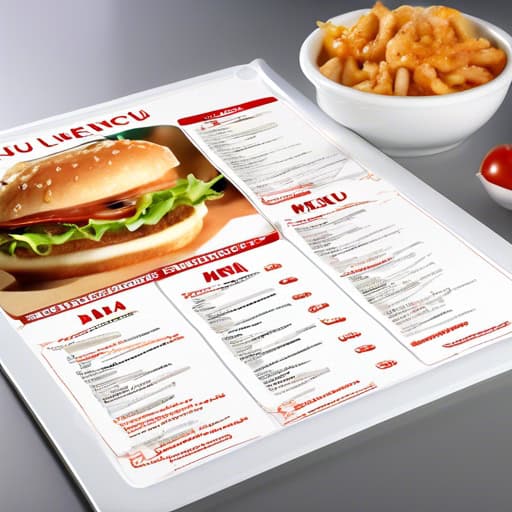
- I always look forward to trying new items on the menu at my favorite restaurant.
- The school cafeteria updates its menu every month to offer a variety of healthy choices.
- The wedding reception menu included a selection of appetizers, entrees, and desserts for guests to enjoy.

- The school is committed to improving the nutrition of its students by offering a variety of fresh fruits and vegetables in their daily lunches.
- Educators are increasingly recognizing the importance of nutrition in academic performance and are working to provide healthier meal options for students.
- Parents are encouraged to participate in nutrition education workshops to learn how to prepare balanced meals for their children at home.

- My mom always makes me a delicious packed lunch with sandwiches, fruit, and snacks for school.
- I prefer bringing a packed lunch to work because it saves me money and is healthier than eating out.
- I forgot my packed lunch at home today, so I had to buy a sandwich from the cafeteria instead.
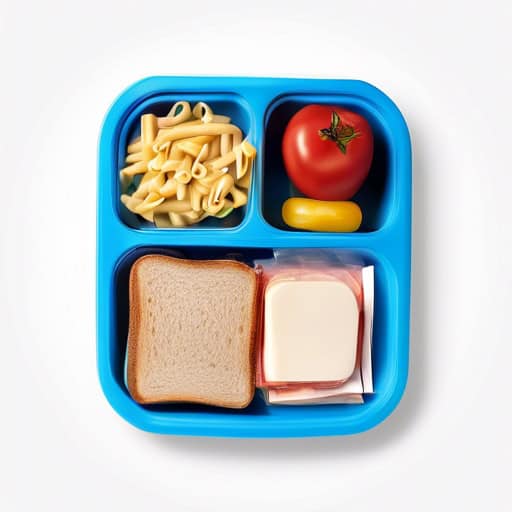
- I always look forward to the school meal options each day, especially the pizza and salad bar.
- The school meal program ensures that all students have access to nutritious food while at school.
- Some students choose to bring their own lunch instead of purchasing a school meal from the cafeteria.

- I always grab lunch with my friends in the cafeteria after our morning classes.
- The smell of pizza wafted through the cafeteria as students lined up for lunch.
- The cafeteria at school offers a variety of healthy options for students to choose from.
Recess

- Let's play tag during recess today!
- I was tagged out by Sarah during our game of tag.
- The rules of tag are simple: don't get caught!
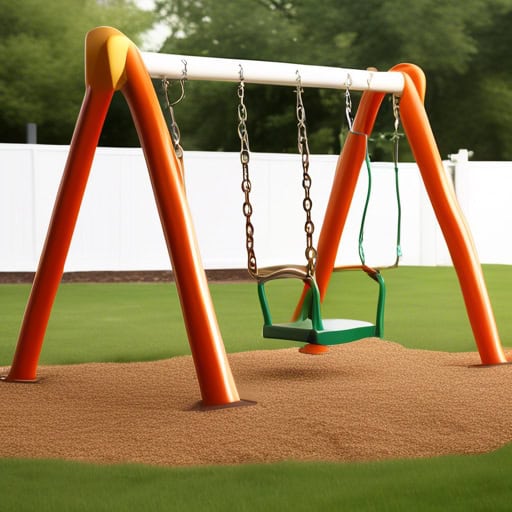
- The children at the park were having a blast playing on the swing set.
- I remember spending hours on the swing set at my old elementary school.
- The swing set in our backyard is a favorite spot for family gatherings.
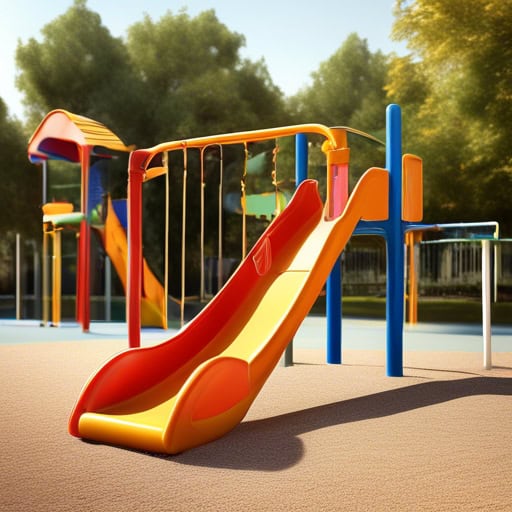
- The children waited in line eagerly to take turns on the slide.
- Some kids preferred to slide down on their stomachs, while others went down feet first.
- The slide was painted bright colors and had a smooth surface for a fast ride down.

- The playground was full of children laughing and playing tag.
- During recess, the students raced to the playground to swing and slide.
- The school installed new equipment in the playground to promote active play.

- The children at the park love to climb and swing on the monkey bars.
- The monkey bars provide a fun and challenging activity for kids to play on.
- During recess, the students enjoy racing each other across the monkey bars.

- I used to love playing kickball with my friends at recess when I was in elementary school.
- We have a weekly kickball game in the park with our neighbors, and it's always a blast.
- My kids have been practicing their kickball skills all summer in preparation for the neighborhood tournament.
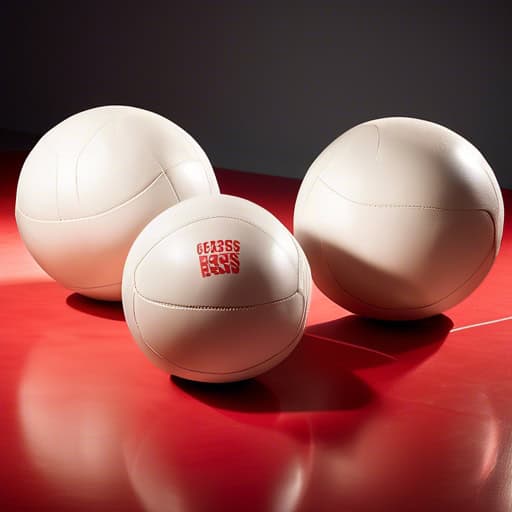
- During recess, the students eagerly rushed to the playground to play a game of dodgeball.
- The intense game of dodgeball had everyone on the edge of their seats as players dodged and threw balls with precision.
- Playing dodgeball was a great way for the students to release energy and bond with their classmates.
Homework

- I spent all weekend working on my history essay, researching and crafting my argument.
- The professor gave us two weeks to write our essays, allowing plenty of time for research and revisions.
- I always struggle with writing introductions for my essays, but once I get started, the words start flowing more easily.

- I need to start working on my history assignment that is due next week.
- The math assignment was difficult, but I was able to complete it with some help.
- She forgot to turn in her English assignment last Friday.

- The science project is due next week, so I need to start researching and gathering materials.
- I stayed up all night working on my history project, but I'm really proud of how it turned out.
- For my art project, I decided to create a sculpture using recycled materials.

- I spent hours conducting research for my term paper on climate change.
- The scientist dedicated years to groundbreaking research in the field of genetics.
- The research team published their findings in a prestigious scientific journal.

- After receiving feedback from the teacher, the student made several revisions to their essay to strengthen the argument and clarify the main points.
- During the revision process, the student realized they had overlooked important details in their analysis and took the opportunity to make necessary adjustments.
- Regular revision of notes and study materials is essential for effective learning and retention of information.

- I need to set aside time each day to study for my upcoming exams.
- She spent hours studying for the physics test, determined to do well.
- Studying regularly is key to academic success.

- I forgot to bring my completed worksheet to class today.
- The teacher handed out a new worksheet for us to work on during study hall.
- I always struggle with math worksheets, but I find them helpful for practice.
Tests and quizzes

- The final examination for the math class will cover material from the entire semester.
- Students will have two hours to complete the examination.
- The examination will be graded based on accuracy and thoroughness of responses.

- The teacher will conduct an assessment of the students' reading comprehension skills next week.
- The company requires all employees to complete an annual performance assessment.
- The doctor performed a thorough assessment of the patient's symptoms before making a diagnosis.
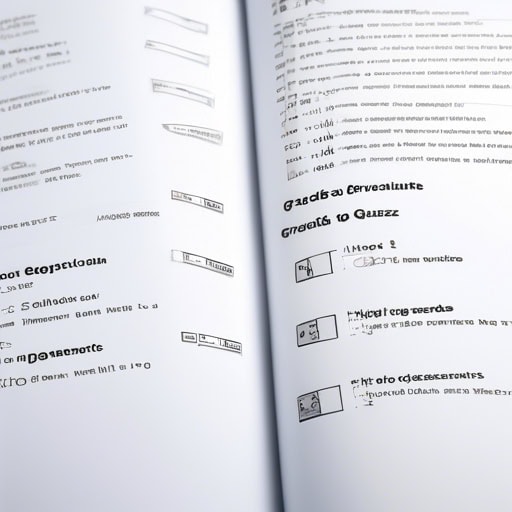
- She received an A grade on her math exam.
- The teacher praised his effort and gave him a high grade.
- He was disappointed to see a failing grade on his report card.
School Subjects

- Mathematics is a subject that involves a lot of problem-solving and critical thinking.
- Many students struggle with mathematics because it requires a strong foundation in basic concepts.
- The field of mathematics is constantly evolving and expanding, with new discoveries and advancements being made all the time.

- Her passion for science led her to pursue a career in research.
- The science behind climate change is well-documented and supported by a consensus of experts.
- Studying science allows us to make sense of the world around us and make informed decisions.

- The museum is filled with artifacts that tell the history of our ancestors.
- Studying history helps us understand how societies have evolved over time.
- The history of ancient civilizations is fascinating to learn about.

- English is my favorite subject in school because I love reading and writing.
- I am taking an advanced English class this semester to improve my grammar skills.
- Studying English helps me communicate effectively with people from different countries.

- Studying geography helps us understand how different landscapes and climates influence human activities and settlement patterns.
- Geography plays a crucial role in analyzing the impact of natural disasters and predicting future environmental changes.
- Geography also examines the relationships between societies and their environments, exploring how people interact with and adapt to their surroundings.

- I am majoring in computer science because I find programming and algorithms fascinating.
- Computer science requires a strong foundation in mathematics and logical reasoning.
- The field of computer science is constantly evolving with new technologies and innovations.
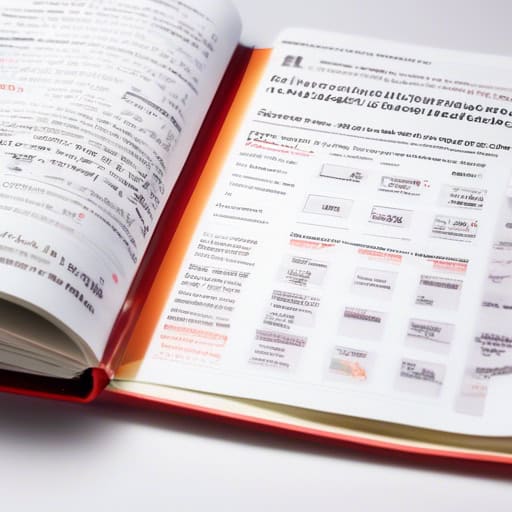
- I have always been fascinated by learning a foreign language, and I am currently studying Spanish at school.
- It is important to be able to communicate in a foreign language when traveling to different countries.
- Many job opportunities require proficiency in a foreign language, such as Mandarin or French.

- I have always enjoyed participating in physical education classes because they allow me to stay active and maintain my overall health.
- Physical education teachers play a crucial role in promoting healthy lifestyles and teaching students the importance of regular exercise.
- In high school, I took physical education classes that included activities such as running, weightlifting, and team sports.
Quick Facts
- At school, students typically spend around 6-7 hours per day in classes, not including extracurricular activities or homework.
- The concept of formal education dates back to ancient civilizations such as Mesopotamia and Egypt, where schools were established to teach reading, writing, and arithmetic.
- In many countries, school attendance is mandatory for children between certain ages to ensure they receive a basic education.
- Modern schools often offer a variety of programs and resources to meet the diverse needs of students, including special education services, advanced placement classes, and vocational training.
- Schools play a crucial role in shaping the future of society by providing students with knowledge, skills, and opportunities to succeed in their personal and professional lives.
